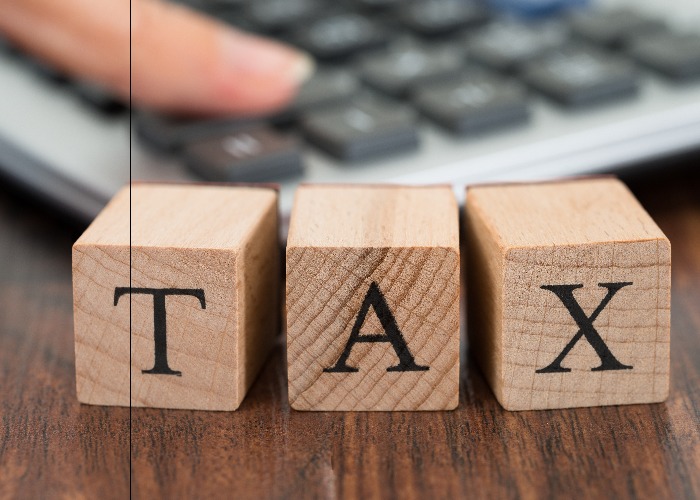HMRC targets high earners in tax avoidance crackdown

Growing tax taskforce monitoring top rate taxpayers.
Taxpayers with an annual income of £150,000 or more are being targetted by HMRC in its ongoing crackdown on tax avoidance.
The focus has shifted from ‘high net worth’ individuals, earning £1 million or more, to the ‘affluent’ who earn enough to fall into the 45% additional rate tax bracket.
Figures suggest the members of the so called ‘Affluent Unit’ taskforce, which was set up to look into taxpayers with an income of over £150,000 per year, has increased by 54% from 213 in 2012/13 to 327 in 2014/15.
This rapid growth in tax inspectors has seen the wage bill rise 68% over the same period from £7.8 million to £13.1 million, according to accountancy firm Moore Stephens.
Dominic Arnold, Partner at Moore Stephens commented: “This increase in headcount at the Affluent Unit is a clear indication that HMRC intends to squeeze more tax out of a wider group of taxpayers. Additional tax inspectors at HMRC will be expected to pay for themselves many times over.”
Protect your money from the taxman with an ISA
What HMRC is looking for
The Affluent Unit, set up in 2011, is particularly interested in high-earning individuals that own property or have offshore bank accounts.
Also on its radar are those with significant property holdings in the UK and people that pay an unusually low rate of tax on their total income.
People that have filed self-assessment tax returns late and/or have been involved in tax planning schemes to cut tax bills in the past are also likely to be monitored by HMRC’s taskforce.
The Affluent Unit collected an extra £137.2 million in tax from its probes in 2013/14, according to information obtained by law firm Pinsent Masons. This was up from £85.7million the previous year.
So it’s already proved an effective way of boosting tax revenue without increasing headline rates.
What you should do
An HMRC spokesperson said resources had moved in order to help boost compliance and warned: " Anyone who has not paid the tax they owe should get in touch with us urgently, as coming forward means a lower penalty."
But if you are a high earner and are looking for ways to cut your tax bill without breaking the law take a look at Pay less tax: cut your Income Tax, Capital Gains Tax, Inheritance Tax bill.
Protect your money from the taxman with an ISA
Read these next:
'Abysmal' HMRC is failing taxpayers
Pension tax changes: what should higher rate taxpayers do NOW?
Taxman and councils to get new powers to see what you are doing online
Comments
Be the first to comment
Do you want to comment on this article? You need to be signed in for this feature